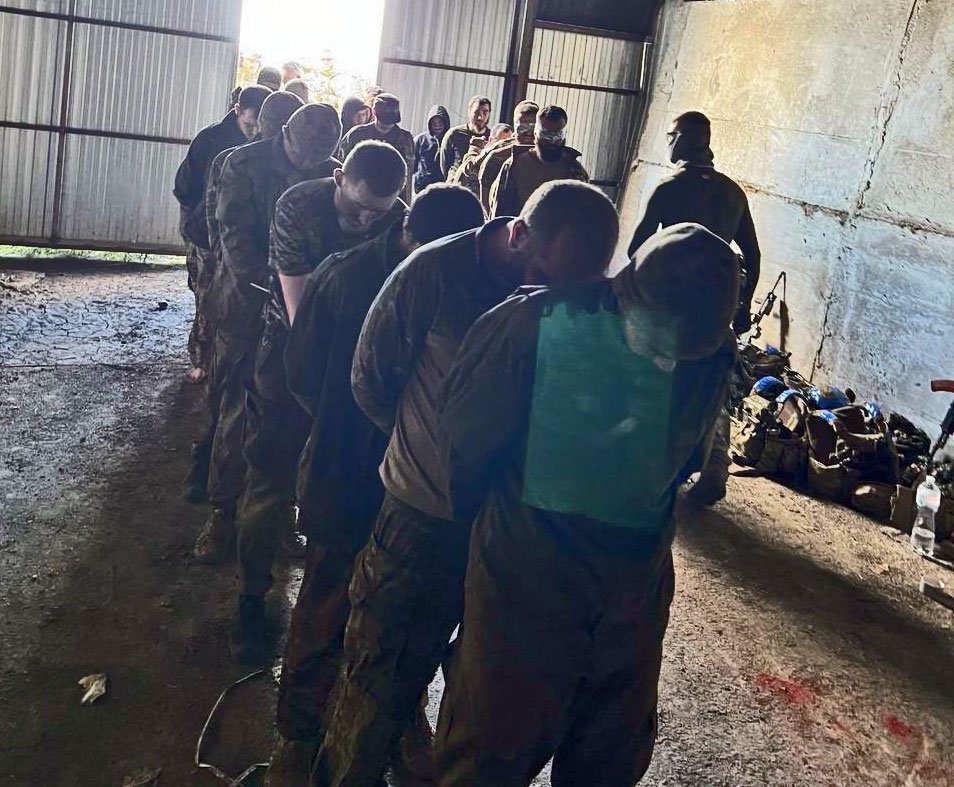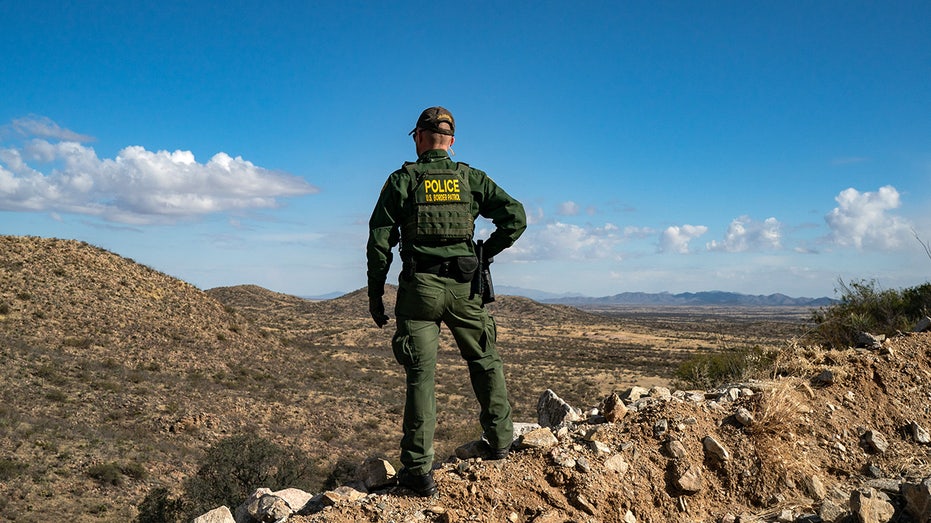ISW: Kremlin propaganda justifies eastern Ukraine focus amid Kursk incursion
The Kremlin launched a messaging campaign to justify prioritizing the eastern Ukraine offensive over immediately repelling Ukrainian forces from Kursk Oblast. Propaganda aims to normalize incursion, redirect domestic concerns, and maintain confidence in eventual Russian victory.


The Kremlin has reportedly initiated a messaging campaign aimed at justifying to its domestic audience why Russia is prioritizing maintaining the initiative in eastern Ukraine over immediately expelling Ukrainian forces from Kursk Oblast, according to Russian government sources close to the Russian Presidential Administration who spoke to the Meduza.
According to the Institute for the Study of War (ISW), the sources revealed that the Kremlin is actively trying to condition Russian society to accept the limited Ukrainian presence in Kursk Oblast as a “new normal” and downplay the significance of the incursion. Meduza says the Kremlin plans to use propaganda to encourage Russians to wait for Russian forces to retake these territories after an “inevitable” Ukrainian defeat in eastern Ukraine.
As part of this strategy, the Kremlin is reportedly redirecting Russians’ concerns over Kursk Oblast by preoccupying domestic society with humanitarian assistance drives to assist affected residents. The sources also noted that the Kremlin decided against canceling the upcoming Kursk Oblast gubernatorial elections scheduled for September to minimize panic in the region.
Meduza highlighted that Russian state media’s coverage of the incursion has increasingly portrayed Kursk Oblast and its residents as supporting the Russian war effort in Ukraine, despite encountering some mild wartime disruptions to residents’ ordinary lives.
The ISW assessed that “the Kremlin may be using this messaging campaign to afford itself time and space to respond to the Ukrainian incursion into Kursk Oblast after achieving its offensive objectives in eastern Ukraine.”
According to Meduza’s sources, the Kremlin was initially shocked and worried about Ukraine’s incursion into Kursk Oblast but calmed down within a week because Ukrainian forces’ advances were far from more densely populated regional centers such as Kursk City.
“All [Meduza] interviewed officials expressed confidence that battles in Kursk Oblast will continue at their current scale for months,” ISW wrote, “indicating that the Kremlin may not be rushing to repel Ukrainian forces from the region and will instead continue to prioritize its offensive operations in eastern Ukraine.”
A Ukrainian source in the military-political leadership told Ukrainian news wire RBC-Ukraine that Putin has tasked Russian forces with repelling Ukrainian forces from Kursk Oblast by 1 October without re-deploying forces from key frontline areas.
ISW noted that “Putin’s reported October 1 deadline assumes a long time for Russia’s territorial integrity to have been contested given that the incursion began on 6 August.“
The think tank also highlighted that “the Kremlin’s relaxed approach to the temporal aspect implies that the Kremlin has decided to prioritize tactical advances in Ukraine over rapidly restoring Russia’s territorial integrity in Kursk, and this apparent decision undermines a series of long-standing narratives about Russian ‘red lines.'”
Meduza’s sources reported that the Kremlin considered the need for a new mobilization wave at the start of the incursion but faced opposition from the Russian Cabinet of Ministers and Kremlin-affiliated businessmen due to ongoing labor shortages in Russia.
ISW assessed that “Putin has neglected the need to declare general mobilization throughout the course of Russia’s full-scale invasion of Ukraine out of concern for his regime’s stability on numerous occasions.”
Related:
- Sumy sees fewer Russian attacks from contested Kursk, more from Belgorod, data show
- Politico: Ukraine’s incursion into Russia’s Kursk Oblast strengthens Kyiv’s position in pursuing peace talks
- Frontline report: Conflicting Russian command structures fuel friendly fire accidents in Kursk Oblast
- Ukrainian Defense Forces control over 1,250 square kilometers and 92 settlements in Kursk Oblast, says Zelenskyy
You could close this page. Or you could join our community and help us produce more materials like this.
We keep our reporting open and accessible to everyone because we believe in the power of free information. This is why our small, cost-effective team depends on the support of readers like you to bring deliver timely news, quality analysis, and on-the-ground reports about Russia's war against Ukraine and Ukraine's struggle to build a democratic society.
A little bit goes a long way: for as little as the cost of one cup of coffee a month, you can help build bridges between Ukraine and the rest of the world, plus become a co-creator and vote for topics we should cover next. Become a patron or see other ways to support.



